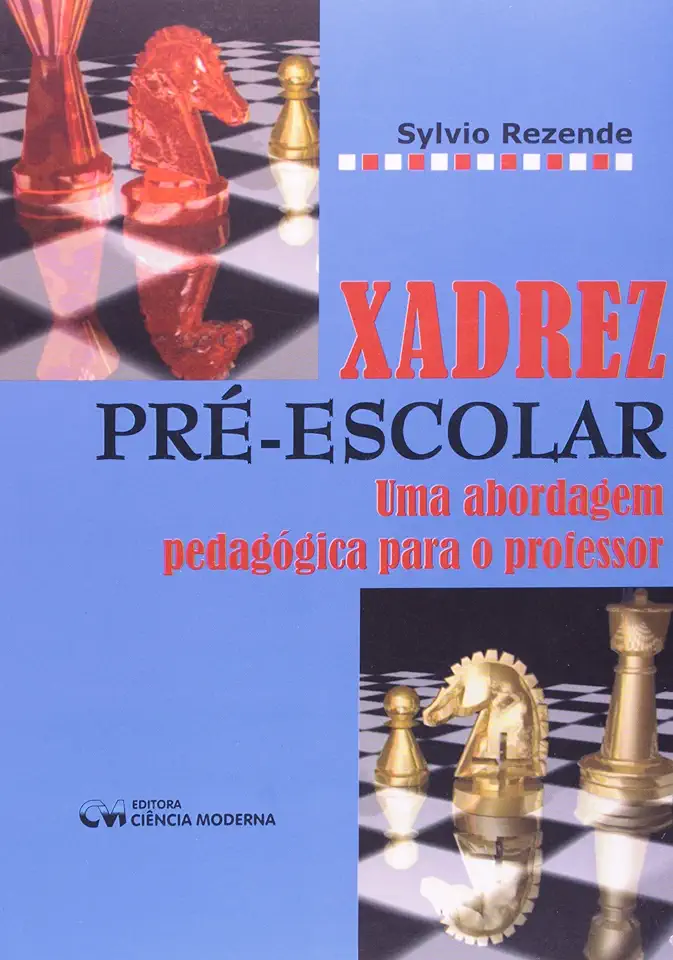
Preschool Chess - A Pedagogical Approach for the Teacher - Rezende
Preschool Chess: A Pedagogical Approach for the Teacher by Rezende
A Comprehensive Guide to Teaching Chess to Preschoolers
Chess is a classic game that has been enjoyed by people of all ages for centuries. It is a game of strategy, tactics, and problem-solving that can help children develop their critical thinking skills, concentration, and creativity. In recent years, there has been a growing interest in teaching chess to preschoolers, as research has shown that the game can have a number of benefits for young children.
Benefits of Teaching Chess to Preschoolers
There are many benefits to teaching chess to preschoolers, including:
- Improved cognitive skills: Chess can help children develop their cognitive skills, such as problem-solving, critical thinking, and spatial reasoning.
- Enhanced concentration: Chess requires children to focus and concentrate for extended periods of time, which can help them develop their attention spans.
- Increased creativity: Chess encourages children to think creatively and come up with new solutions to problems.
- Improved social skills: Chess can help children develop their social skills, such as cooperation, communication, and sportsmanship.
- Greater self-confidence: Chess can help children develop their self-confidence by giving them a sense of accomplishment and mastery.
How to Teach Chess to Preschoolers
Teaching chess to preschoolers can be a fun and rewarding experience. Here are a few tips to help you get started:
- Start with the basics: Begin by teaching children the basic rules of chess, such as how the pieces move and how to capture pieces.
- Use simple language: Use simple language that children can easily understand. Avoid using chess jargon and terminology that may be unfamiliar to them.
- Be patient: Children may need time to learn the game. Be patient and encouraging, and don't get discouraged if they make mistakes.
- Make it fun: Chess should be fun for children. Use games, activities, and puzzles to make learning chess enjoyable.
- Encourage practice: The more children practice, the better they will become at chess. Encourage them to play chess with their friends, family, and classmates.
Preschool Chess: A Pedagogical Approach for the Teacher
Preschool Chess: A Pedagogical Approach for the Teacher is a comprehensive guide to teaching chess to preschoolers. This book provides teachers with everything they need to know to get started, including:
- A detailed overview of the benefits of teaching chess to preschoolers
- A step-by-step guide to teaching the basics of chess
- A variety of games, activities, and puzzles to make learning chess fun
- Tips for encouraging practice and supporting children's progress
Preschool Chess: A Pedagogical Approach for the Teacher is an essential resource for any teacher who wants to teach chess to preschoolers. This book will help you give your students a head start on developing the skills they need for success in school and life.
Conclusion
Chess is a classic game that can benefit children in many ways. If you are a teacher, I encourage you to consider teaching chess to your preschoolers. With the help of Preschool Chess: A Pedagogical Approach for the Teacher, you can make learning chess fun and rewarding for your students.